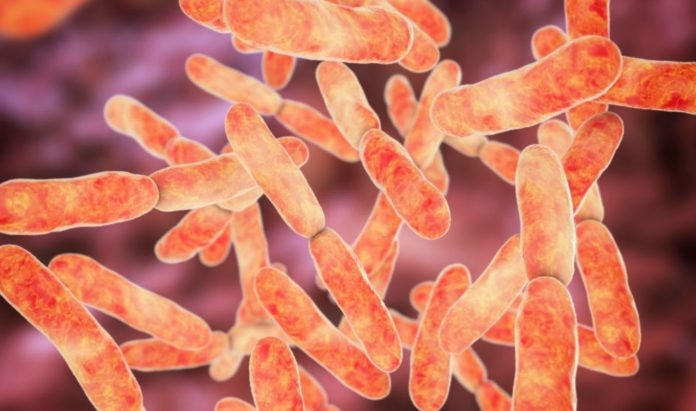Do you know which foods are rich in probiotics? And have you ever heard of prebiotics? Do you know the difference? They sound similar but do very different things.
Gut health is the hot health topic these days – and with good reason. There are so many benefits to improving your gut health, from more energy and reduced bloating to disease prevention.
Dr. Gail Cresci, a health expert on the gut microbiome, shared her insights into the role pre-and probiotics may play in gut health.
“In human intestines, there are many strains of two main species of friendly bacteria, Lactobacillus and Bifidobacterium,” Dr. Cresci says.
- Does This Mean We Stopped Being Animal and Started Being Human Due to ‘Copy Paste’ Errors?
- The One Lifestyle Choice That Could Reduce Your Heart Disease Risk By More Than 22%
- Aging: This Is What Happens Inside Your Body Right After Exercise
- Immune-Boosting Drink that Mimics Fasting to Reduce Fat – Scientists ‘Were Surprised’ By New Findings
- Gun Violence in America: What They Don’t Talk About at the Debate
Probiotics and prebiotics both help those friendly bacteria, but in different ways:
Probiotics
These are live microorganisms isolated from humans and then cultured in a lab to be used as a supplement. When we ingest them (whether in food or supplement form), they survive in the gut and provide benefits to us like the good bacteria that we naturally have.
Whether your diet is out of whack or you live with a chronic disease, a probiotic supplement has the potential to help restore your gut to optimum health.
“For most people, taking a probiotic is safe,” says Dr. Cresci.
I recommend people living with a chronic disease or who have a suppressed immune system discuss with their doctor about adding more probiotics to their diet to make sure that taking a probiotic is something they should consider doing.
Since probiotic supplements can be hard on your wallet, Dr. Cresci recommends other ways to build your gut army, such as eating fermented foods include live yogurt, kimchi, sauerkraut, Tempeh, kefir, miso and kombucha.
Prebiotics
This is a food source for the friendly bacteria in your intestinal tract. Our digestive system can’t break down prebiotics, so they survive the journey through the digestive tract. They eventually reach the part of the colon where the friendly bacteria hang out. The bacteria have the chops to break down the prebiotics into nutrition that helps them grow and thrive.
You can buy prebiotic supplements, but you don’t need them if you eat the foods that fortify the army of friendly bacteria in your intestines,” Dr. Cresci explains.
- Does This Mean We Stopped Being Animal and Started Being Human Due to ‘Copy Paste’ Errors?
- The One Lifestyle Choice That Could Reduce Your Heart Disease Risk By More Than 22%
- Aging: This Is What Happens Inside Your Body Right After Exercise
- Immune-Boosting Drink that Mimics Fasting to Reduce Fat – Scientists ‘Were Surprised’ By New Findings
- Gun Violence in America: What They Don’t Talk About at the Debate
Great sources of prebiotic food include onions, garlic, leeks, chicory, bananas (the unripened green ones that nobody wants), asparagus, artichokes, olives, plums, apples, bran and almonds.
Image Credit: Getty
